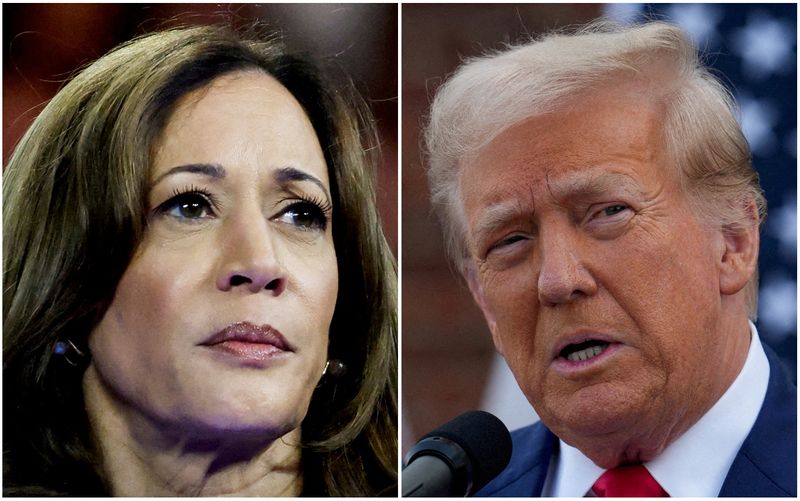In the context of the upcoming U.S. presidential election on November 5, European stakeholders are contemplating the potential economic implications of either a Kamala Harris presidency or a second Donald Trump term. Each scenario presents unique challenges for Europe’s economy, which is heavily reliant on trade. European officials perceive a Harris presidency as a continuation of Joe Biden’s policies and expect limited concessions, particularly regarding trade policy and NATO defense spending. On the other hand, a Trump presidency could exacerbate existing tensions, particularly if Trump decides to withdraw U.S. support for Ukraine or instigates new trade conflicts, which Europe fears could result in significant economic losses.
The bipartisan consensus in the U.S. concerning anti-China measures complicates Europe’s position, as European nations grapple with balancing trade relationships with both the United States and China. Experts, such as Zach Meyers from the Centre for European Reform, argue that both candidates maintain policies that would challenge Europe’s ability to benefit economically while maintaining trade ties with China. The potential for U.S. policies towards China to cause collateral damage in the European market, particularly for technology firms like ASML, highlights fears of restricted commerce. ASML faces export limitations on its products to China, underscoring the adverse effects that U.S. containment strategies may inflict on European industries.
As the landscape of international trade shifts, tariffs and other trade barriers have become obstacles that European economies must navigate. The shift in U.S. trade policy over the past decade has eroded support for free trade, with the Biden administration retaining tariffs imposed during Trump’s presidency while also introducing new measures like the Inflation Reduction Act. If Trump returns to power, experts predict he may impose even steeper tariffs on imports, which would include European goods and could further constrict trade flow, impacting sectors such as Spanish olive exports that have already suffered due to previous tariffs.
Defense spending remains another critical topic of concern, especially for European governments dealing with pandemic-induced debt. Analysts suggest a Harris presidency may afford Europe more time to adjust its defense budgets, while a Trump presidency could necessitate quicker spending increases given his uncertain stance on U.S. support for Ukraine. The urgency for European nations to ramp up defense spending might also be driven by economic pressures resulting from trade uncertainties created by a Trump administration, which Goldman Sachs estimates could realistically reduce output across eurozone countries significantly.
The European Commission is actively examining the implications of the U.S. election outcome, although any proposed strategies will have to reconcile the diverse perspectives within the EU member states. Existing divisions, such as those seen in responses to Chinese electric vehicle imports, suggest that consensus might be difficult to achieve. However, some pro-European advocates contend that a Trump win could prompt necessary reforms across Europe, reflecting concerns over the EU’s diminishing economic prominence relative to the U.S. Such changes, suggested by former ECB chief Mario Draghi, may be spurred by the heightened geopolitical risks that a fractious transatlantic relationship would entail.
In summary, the implications of the U.S. presidential election are poised to profoundly shape Europe’s economic landscape, as leaders weigh the probabilities of a Harris presidency’s cautious continuity versus the unpredictability of a Trump administration. Both scenarios bear heavy economic considerations, from trade barriers and shifting alliances to defense budgeting and the delineation of Europe’s role in global affairs. The results of the election will likely reverberate across Europe, challenging nations to navigate an increasingly complex international environment.

